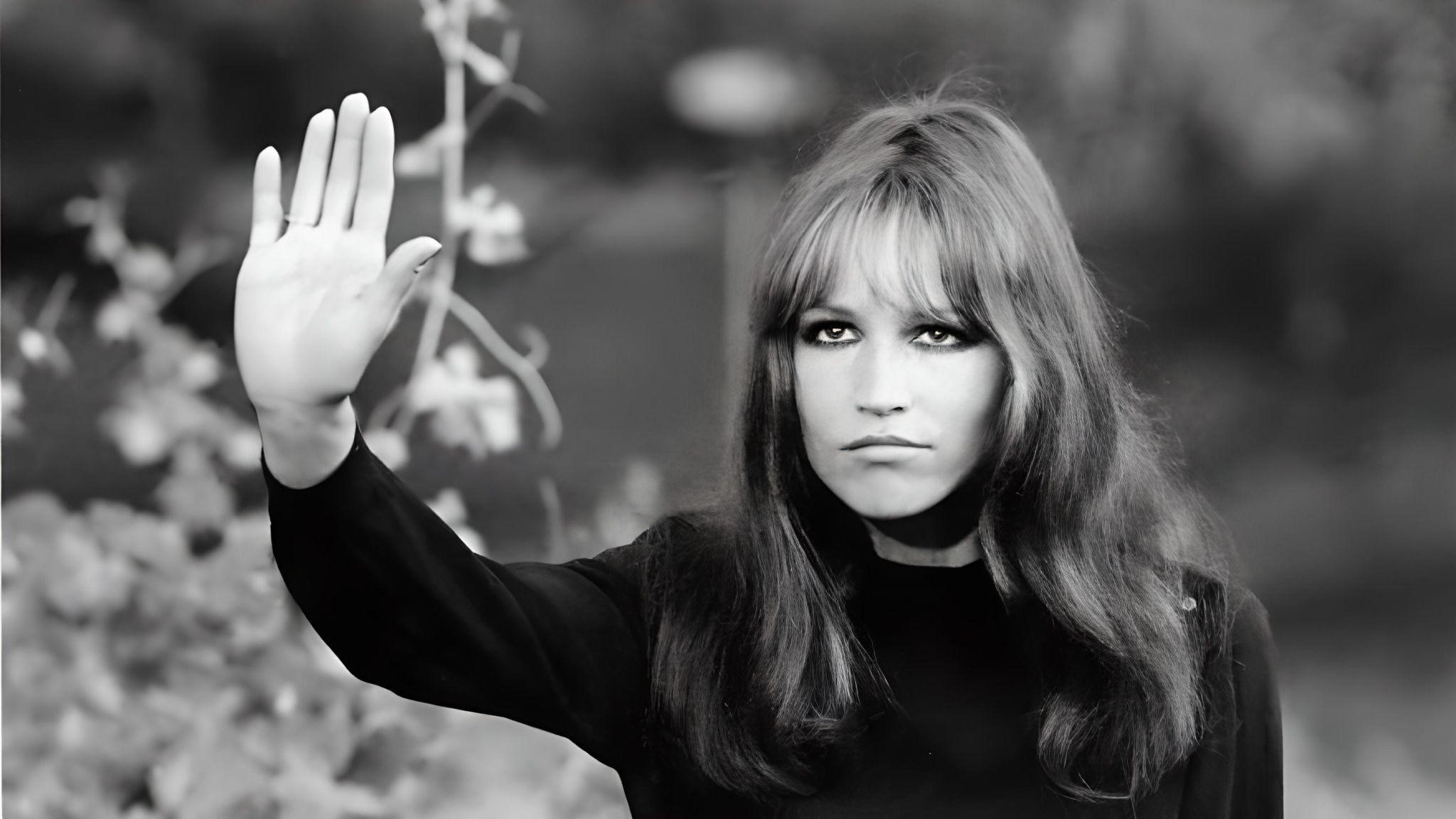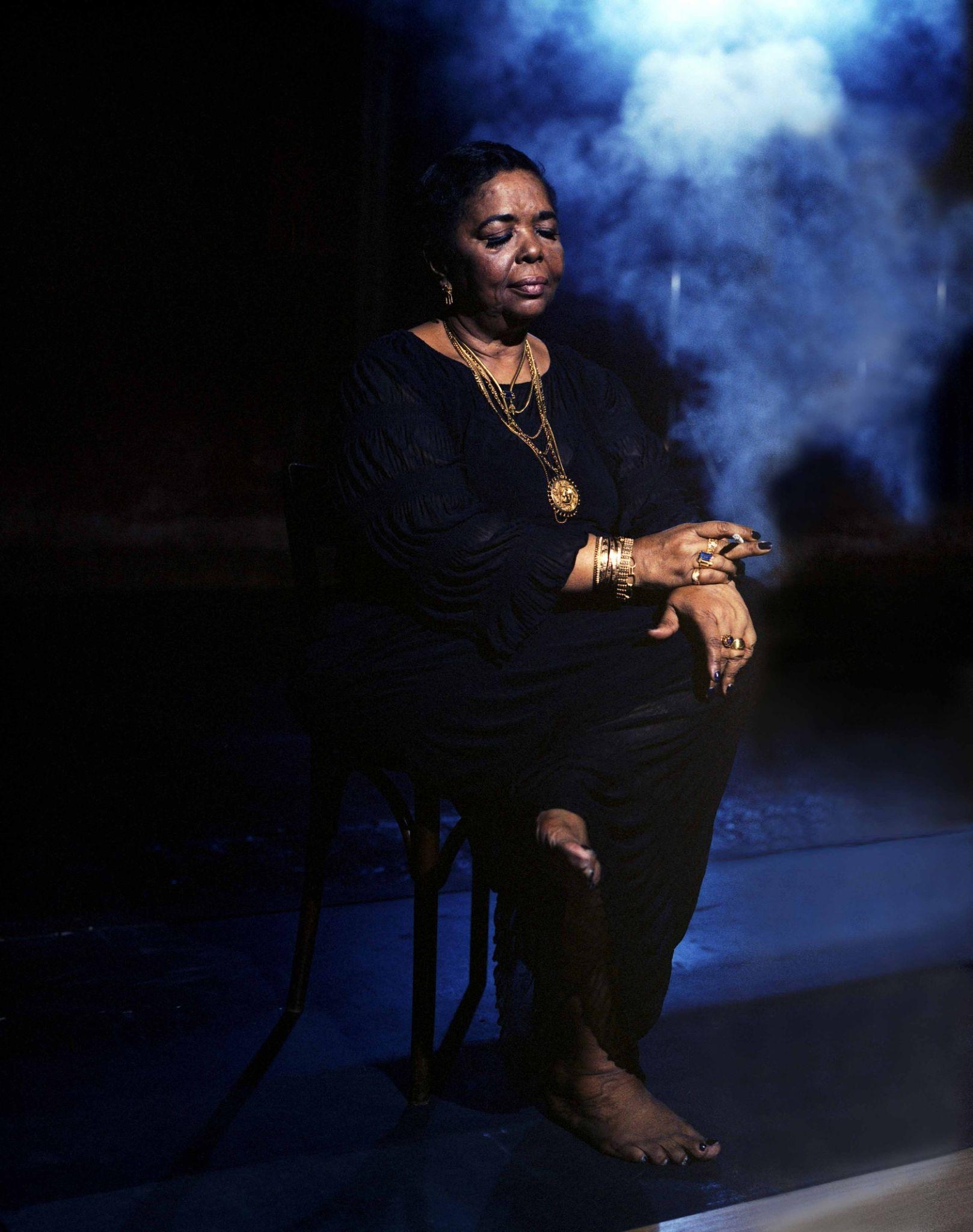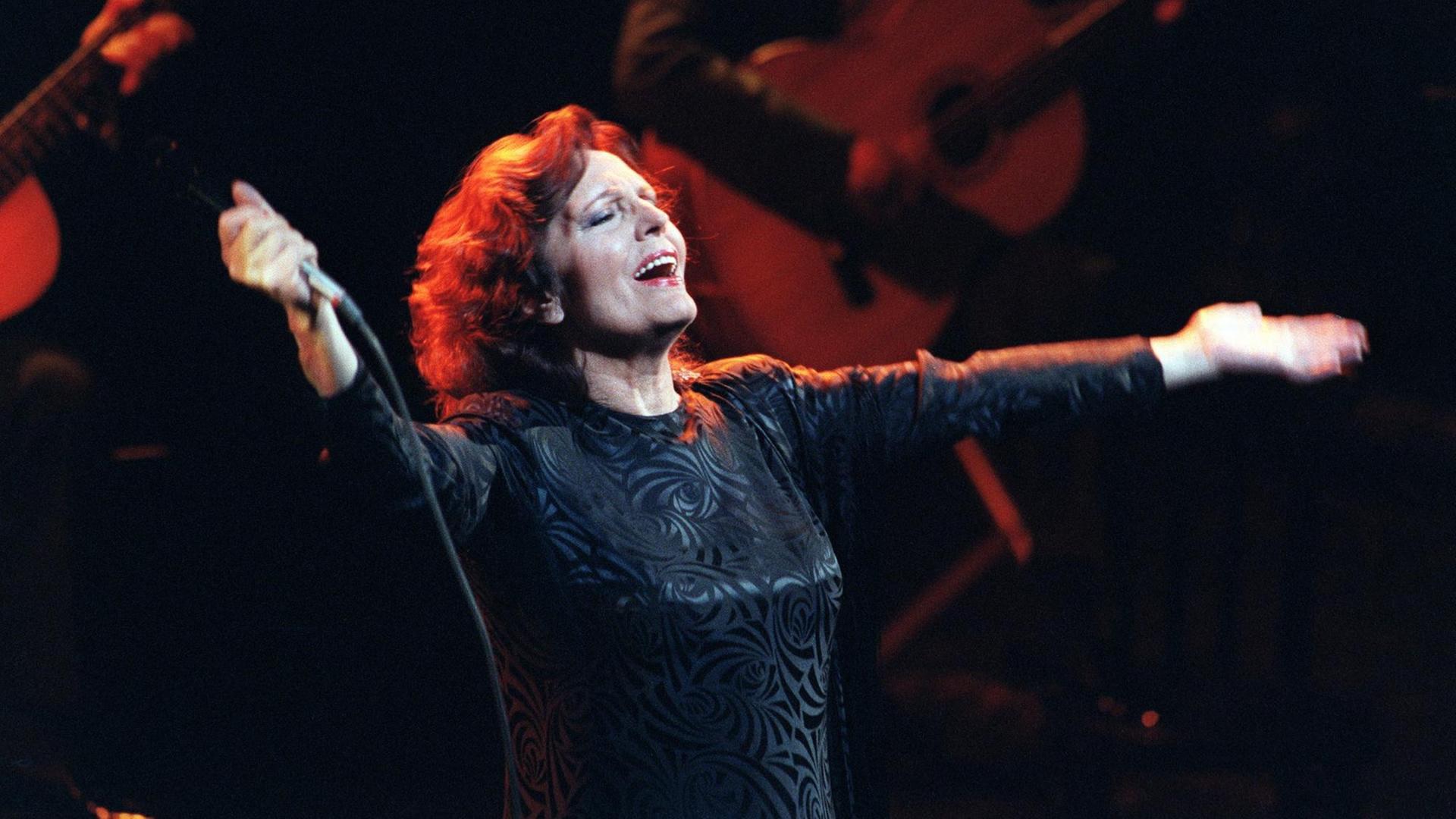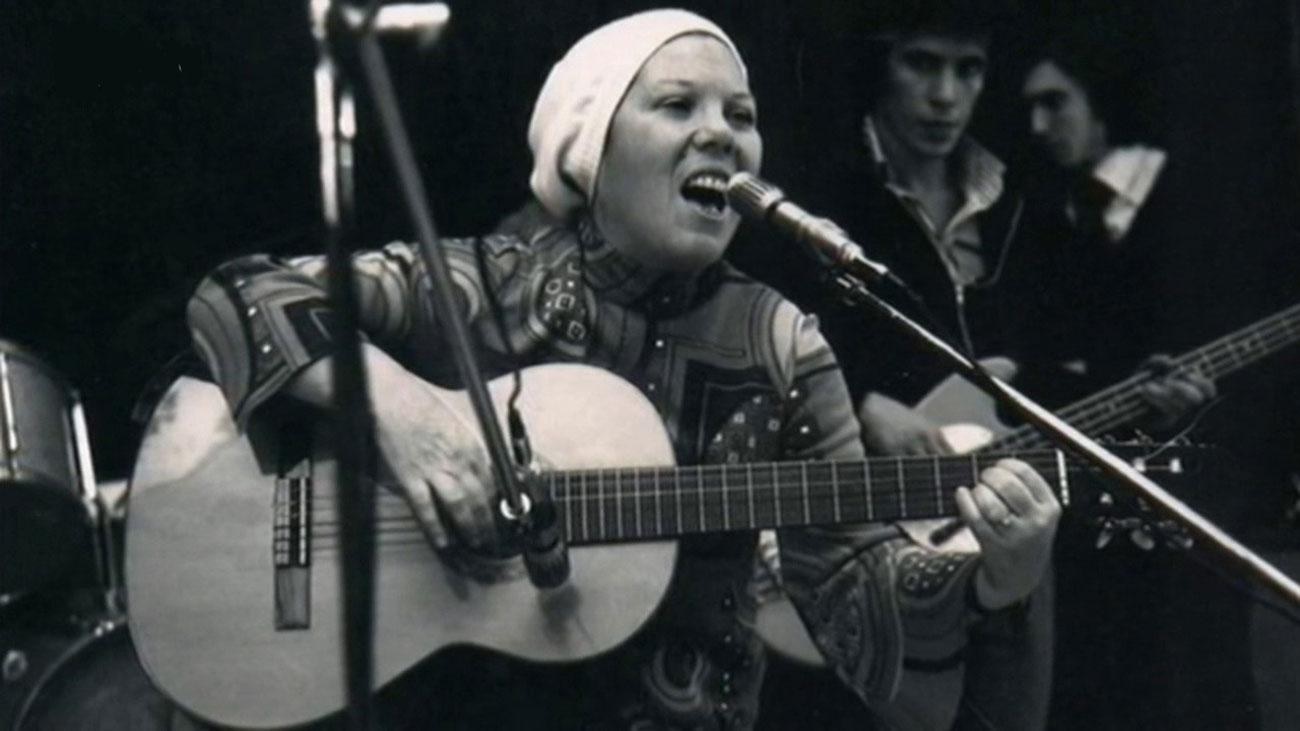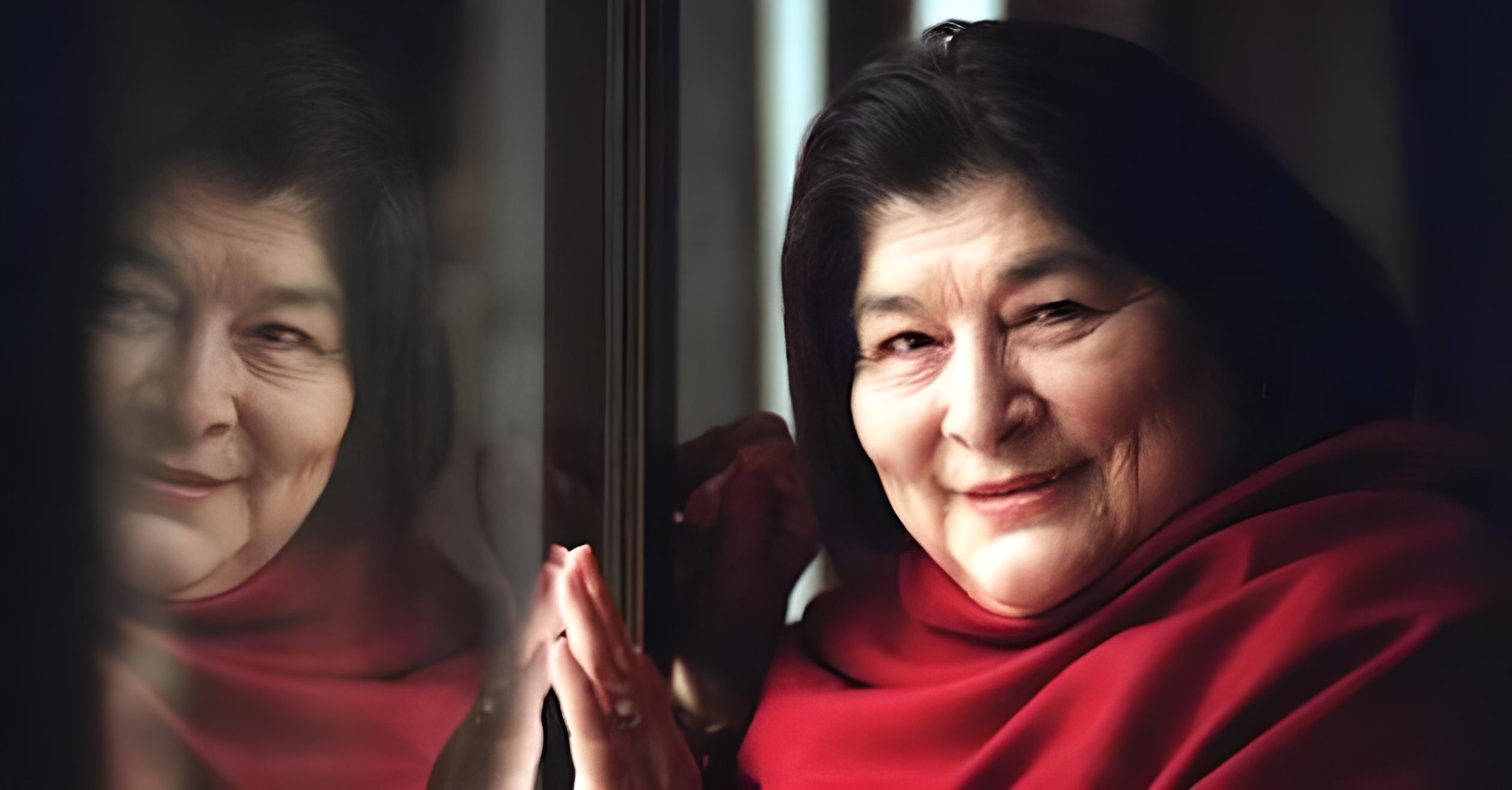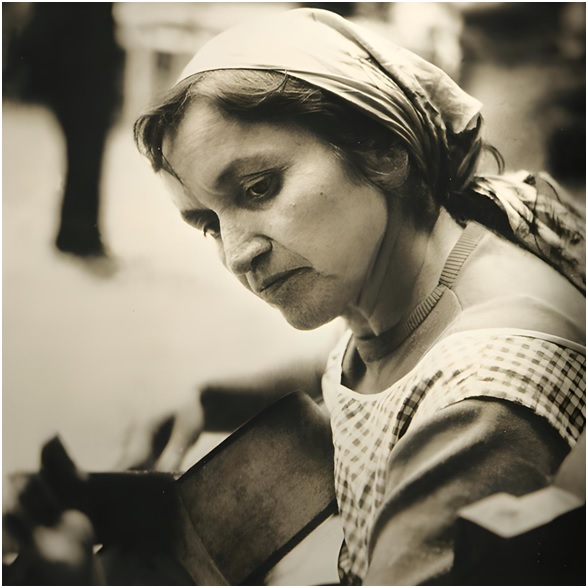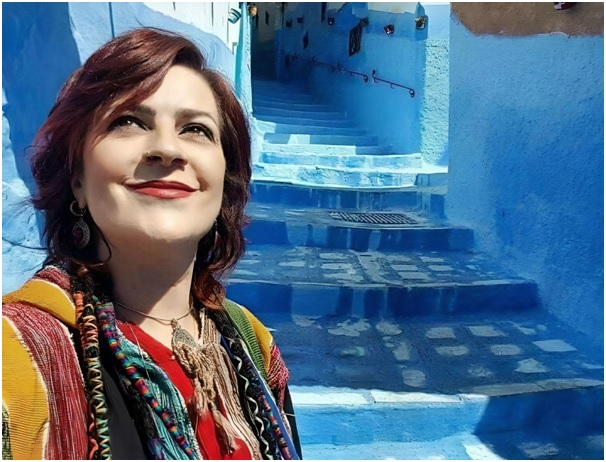VOCES DE MUJERES
EDITORIAL: THOSE INEFFABLE VOICES, MOTHERS OF US ALL
When, on 5 February 1967, at only 50 years of age, Violeta Parra killed herself with a shotgun blast, the root of a tree died that, fortunately, and despite human wickedness, continued to blossom and bear fruit. The 20th century, even before being the century of the proletariat’s consciousness-raising, is the century in which, for the first time, the voice of women – the victims of thousands of years of blind and vulgar patriarchy – is heard, loud, clear and (unfortunately) desperate.
It is very difficult not to utter platitudes on the subject. We do not want to talk about pink quotas, superiority, equal pay, because this is acquiescent rhetoric, which considers the current situation incontrovertible. There are women who have managed to bring their voices into our dreams, into our memories, into our life experience, and Violeta was the mother of them all. The ninth child of a peasant musician and a seamstress, born in a remote village on the plateau between Santiago and Concepción, she came from nowhere, from a place outside the crossroads of the dominant economy and culture, as it was for Jesus of Nazareth.
She, like the other women whose lives and works we recount, changed the way we see things forever. We are not talking about folk or pop musicians who, because of their singular prowess, have had professional careers in the global spotlight (such as Joni Mitchell, Dalida and Françoise Hardy), but about artisans of pain, who in their lyrics, and through their singing, have given testimony to what a mother is: a real woman, who has taken life into her own hands, who pays any price for her freedom and the defence of her children.
These women have millions of children, scattered throughout the history of this last century of death, destruction, but also of incomparable beauty. They are the consciences of all, men and women, who have grown up aware of their teaching, and who have fallen asleep lulled by their gentleness, their tenacity, their ineffable strength and vitality.
That is why, to describe them, we have chosen Violeta’s painting, entitled ‘The Tree of Life’, which describes better than a thousand words the motherhood who, through her work, has been able to influence generations of human beings, and give a glimmer of hope to this self-destructive humanity of ours.
ARTICLES
MIRIAM MAKEBA, LA VOZ DE ÁFRICA
En los años más oscuros posteriores a la Segunda Guerra Mundial, la persecución de la población negra en Sudáfrica alcanzó niveles de violencia sin precedentes. Los que se rebelan contra…
MARTA KUBIŠOVÁ, LA VOZ CONTRA LOS TANQUES
Un frío noviembre de 1968, nieve y desesperación, y una canción. La canta, para reivindicar la democracia, una encantadora y orgullosa veinteañera, con botas y pelo como se lleva en…
CESÁRIA ÉVORA: LA MELANCOLÍA DE LA DIVA DESCALZA
Las mejillas regordetas, la frente redonda y alta, las gruesas cejas pintadas de negro. Su cuello, sus muñecas y sus manos están rodeados de brillantes cadenas de oro. El sonido…
AMÁLIA RODRIGUES Y LA MELANCOLÍA INFINITA
Actúa con un vestido negro, un chal sobre los hombros, el luto en el corazón. La cabeza inclinada hacia atrás, el rostro trágico de una máscara griega. Los movimientos del…
ROSA BALISTRERI, LOS GRITOS DE DOLOR DE SICILIA
Las verdaderas canciones que hablan del sufrimiento, de los dramas familiares, sólo pueden ser escritas por quienes viven una existencia atormentada. Las niñas, obligadas a ser adultas, cuando se convierten…
MERCEDES SOSA, LA VOZ DE LOS SIN VOZ
Si no está familiarizado con los trágicos acontecimientos de la Argentina de posguerra y los últimos cincuenta años de historia civil y cultural del país latinoamericano que es la cuna…
VIOLETA PARRA, LA LIBERTAD ES UN DOLOR ABSOLUTO
Si se quiere luchar para cambiar el mundo, hay que utilizar armas no convencionales, como la música y la poesía. Así lo hizo Violeta Parra, lápiz y guitarra, en guerra…
SONA JOBARTEH: LA KORA QUE CURA LA NOSTALGIA AFRICANA
Algunos momentos aparentemente desagradables de la infancia, una vez adultos, pueden ser revisados y reelaborados – esto es probablemente lo que le ocurrió a la pequeña Sona: en las aburridas…
RIM BANNA, VOZ DEL CORAZÓN HERIDO DE PALESTINA
Soy un terrorista sin bombas y sólo tengo un arma, mi música”[1]. Lo canta Rim Banna, que durante décadas representó el espíritu de venganza de las mujeres de Palestina. Fallecida…



